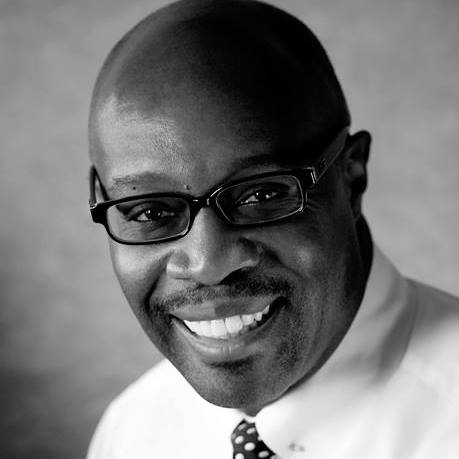Wilmington Manor Brings Queer and Race Issues Center-Stage

It’s no secret that queer and interracial relationships happened during the Civil War era. Wilmington Manner takes a fictional look at relationships that probably really happened.
First-time novelist Dr. James E. Laws, Jr. of Washington, D.C. has written an incredibly engaging and moving story of “historical fiction”—fictional but believable characters set within the backdrop of actual events in history before, during and after the Civil War. We spoke with him about the motivation behind his new story and the queer themes within it.
When did you first have the idea for Wilmington Manor, and what was the inspiration for it?
I first had the idea to tell this type of love story around the time that DNA testing confirmed the relationship between Thomas Jefferson and Sally Hemmings. Those of us in the African-American community know very well that those relationships happened between white male plantation owners and black female slaves, so I thought it was important to tell the story about interracial same-sex relationships that also took place at that time.

How long did you spend researching the historical background of the story (before, during and after the Civil War), and how long did it take you to actually write the book?
I spent a lot of time at the Library of Congress, and the Virginia Historical Society, museums in Richmond and the Archives Department at Virginia Military Institute were also a tremendous help. The Battle of Chancellorsville is the topic that required the most research; I did a lot of reading just about that one battle. The entire process took 11 years, but keep in mind that I did this in my spare time.
What is your hope in writing and publishing this book?
I hope the book highlights three areas. First, I wanted to tell the interracial love story between the two lead males. I wanted it to be a love story, not a sex story. Second, I hope to highlight the topic of mental illness and depression among slaves. We hear about the devastating physical impact America’s system of slavery had on slaves, but we rarely talk about the emotional impact it had on slaves and their descendants. And third, I hope to dispel some of the stereotypes about slaves being very devoted to their owners even when they were mistreated. The slaves presented in Wilmington Manor are not overly rebellious, but they do retaliate in their own ways, especially the voodoo priestess.
Buy the book to learn more about the characters in Wilmington Manor.










